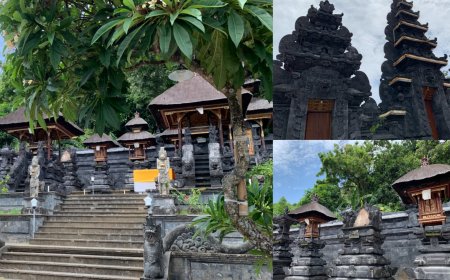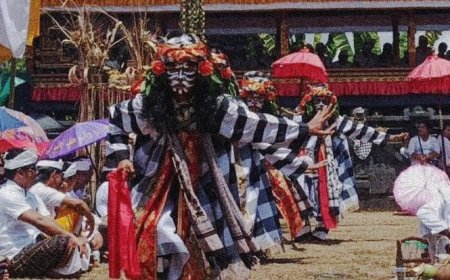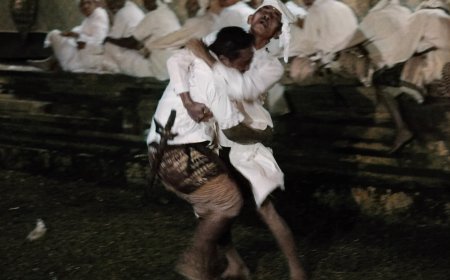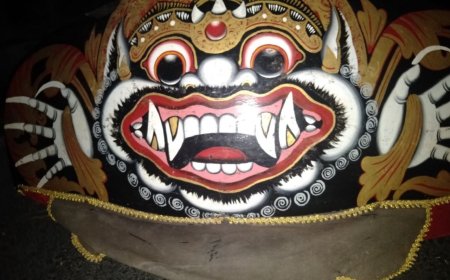Meamuk-Amukan: The tradition of the Fire War as a Symbol of Reducing Anger in Padang Bulia village
Meamuk-amukan, a tradition of fire warfare originating from Padang Bulia Village, is closely associated with Nyepi Day for the local residents. Despite being referred to as a fire war, this tradition has no concept of victory or defeat; the most important aspect is to control anger and strengthen brotherhood.
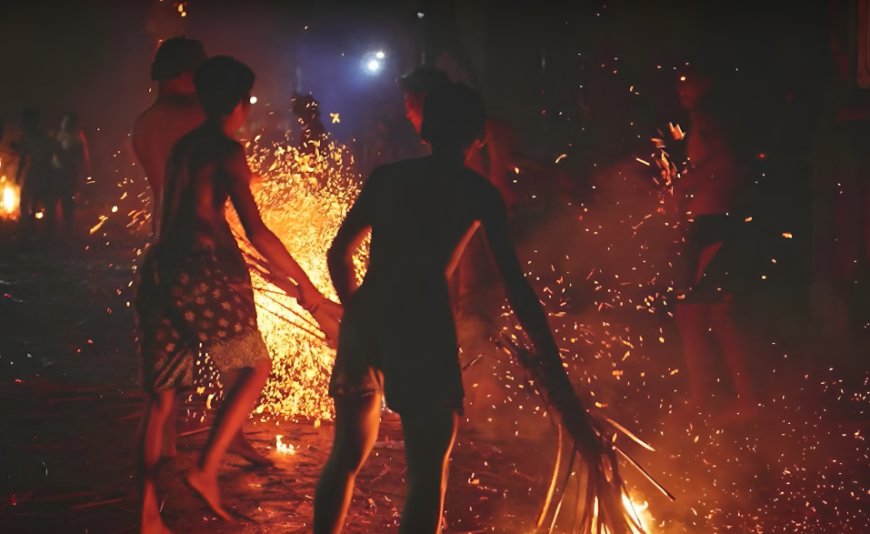
In Bali, numerous sacred traditions have been passed down through generations and continue to be preserved by the local population. One such tradition is Meamuk-amukan, also known as Mapuput. Meamuk-amukan is a fire war tradition originating from Padang Bulia Village, located in the Sukasada District, Buleleng Regency, Bali Province. This cultural heritage has been practiced for generations, although its exact origins remain untraceable due to the absence of written records. Local residents faithfully uphold this tradition in preparation for Nyepi Day.
A day before Nyepi, there is a celebration known as "pengrupukan" aimed at warding off Bhuta Kala so that they do not disturb humans during the Catur Brata Penyepian ceremony held in the evening. The Meamuk-amukan tradition involves several stages, commencing with the mecaru ceremony at Pura Dalem in Padang Bulia Village, followed by mecaru at their respective homes. Subsequently, the village's youth gather on the main road to partake in Meamuk-amukan. This event takes place during the transition from late afternoon to evening, known as "sandikala," and no special offerings are involved as it has been merged with the "banten" (offerings) pecaruan ceremony.
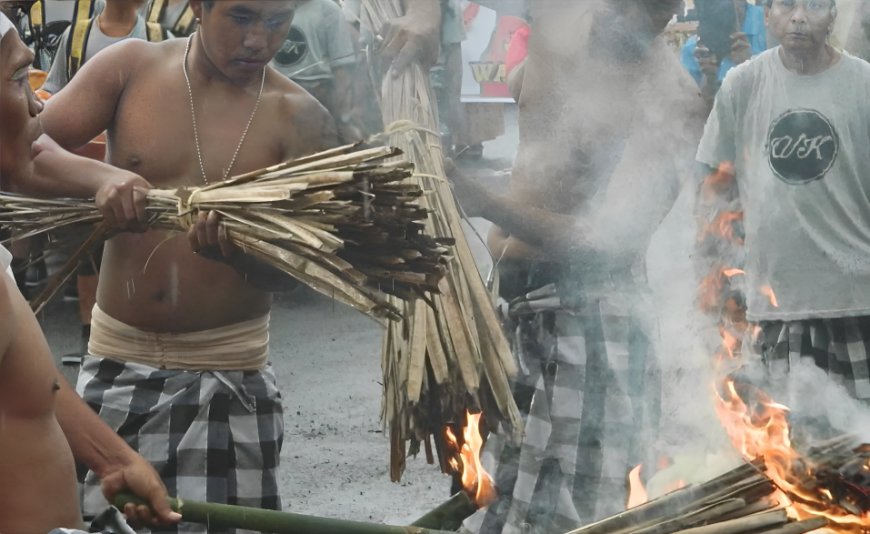
Danyuh tied and burned (Photo Source: Pujangga Nagari Nusantara Channel)
The instrument used in Meamuk-amukan is "danyuh" (dried coconut leaves) which is tied and ignited (prakpak). Prakpak symbolizes Dewa Agni, representing the purifying and protective nature of fire. Participants, mainly young men from Padang Bulia Village, partake without clothing, wearing only "kamben" (a traditional cloth wrap) and "saput poleng" (a black and white checked cloth) with a "udeng poleng" (a black and white checked headband) on their heads while holding prakpak as weapons.
Before the Meamuk-amukan begins, participants are reminded not to harbor personal feelings during the skirmish to avoid disputes. The village deploys "pecalang" (traditional Balinese security personnel) for supervision and to prevent any unwanted incidents. The combat takes place in pairs, with participants already knowing their designated opponents when the signal "mai maju!" (come in) is given.
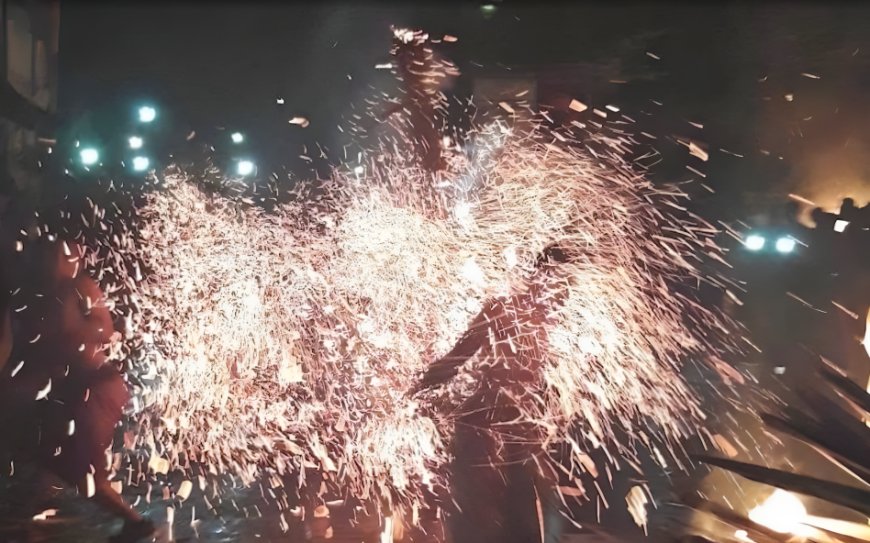
Sparks during Meamuk-Amukan (Photo Source: Pujangga Nagari Nusantara Channel)
As the Meamuk-amukan starts, people of all ages gather along the road, including both participants and spectators. Each strike of prakpak produces beautiful sparks, met with cheers from the audience, creating an atmosphere of joy throughout the street.
In Meamuk-amukan, there are no winners or losers. The game automatically ends when the danyuh used for attack is entirely consumed by the fire. Despite the involvement of fire, the brave young men take necessary precautions to reduce the risk of injuries, such as applying aloe vera and special concoctions to their bodies to mitigate the impact of fire sparks.
Meamuk-amukan carries profound meaning. The burning danyuh symbolizes the anger that can flare up within humans, sometimes intensely and then rapidly diminishing. The message behind it is to teach people not to harbor prolonged anger and grudges, much like how the danyuh quickly burns out. Meamuk-amukan also reinforces the value of togetherness within the community's bonds of brotherhood. This is what has made the tradition of Meamuk-amukan in Padang Bulia Village a standout attraction, especially in North Bali. The local Cultural Department has even proposed it as a Non-Material Cultural Heritage to the Ministry of Law and Human Rights of the Republic of Indonesia.




